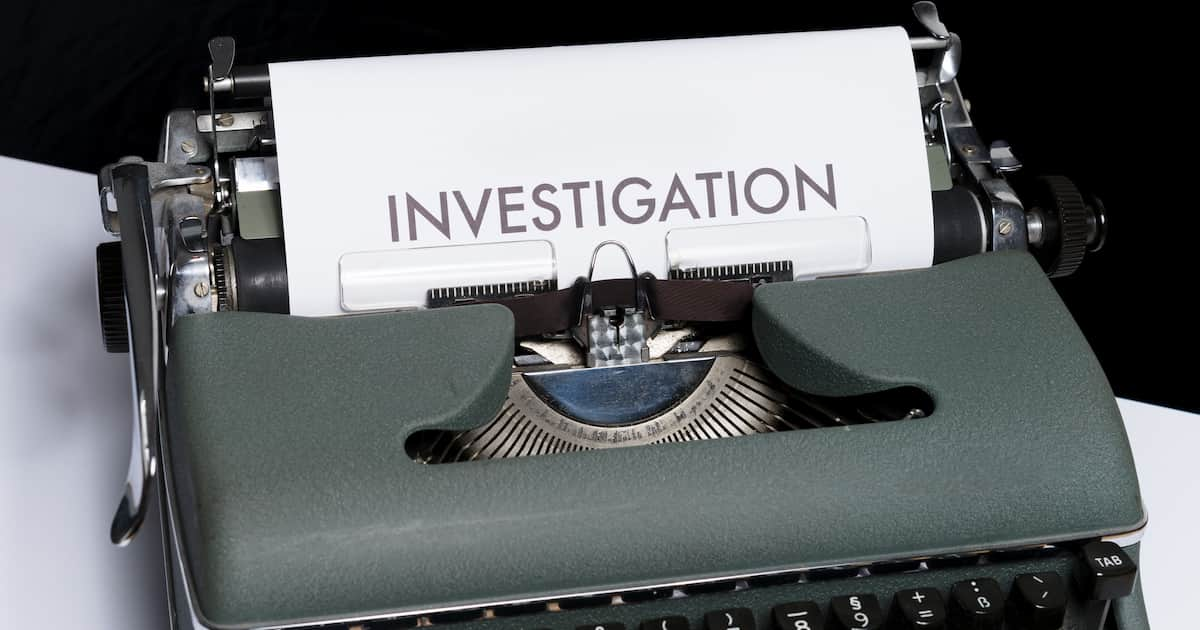
13 Apr Three Myths about Trademarks and Copyrights that Business Owners Need to Know
Violation of intellectual property has become a serious problem, particularly among small businesses. Just like huge corporations, small businesses must take steps to protect their intellectual property from piracy. Many small businesses are at a disadvantage, as they may lack the expertise or resources required to prevent the theft of their trademarks or copyrights. So what are you to do? Become informed! It is important to take the time to debunk three myths about trademarks and copyrights protection now.
Myth 1: Trademarks and Copyrights are Just for Big Business
This is FALSE. Protecting your intellectual property is crucial to the success of ANY business. When your intellectual property is protected, this prevents others from being able to utilize your creative material – whether that is a logo, business name, designs, trade secrets, etc. The bottom line is that if you do not safeguard your original creative material, your business will have no recourse to prevent others from using your work for their own benefit.
Protecting a copyright is essential – copyrights provide protection for original works of authorship including software, photographs, audio and visual recordings, literary, musical, and dramatic works, etc. You should use the copyright symbol immediately after creation of the work to identify to others that your business intends to exercise control over the work, including the production, distribution, display, or performance of the work. It is also highly recommended that you register the copyright, as you will then be able to take legal action to enforce your copyright.
Protecting a trademark is also vital – a trademark safeguards the name of your product and your business. Trademark law ensures that consumers do not confuse YOUR brand with another brand. It is essential that prior to registering your trademark, you protect yourself by performing a trademark search to determine whether the name for your product or business is already in use by another.
Myth 2: Once I Register my Trademark or Copyright, it is Protected Forever
This is FALSE. For a trademark registration to remain valid with the USPTO, Affidavits of Use and renewals must be filed during the life of the trademark.
In the case of copyright protection, all works published in the United States after 1977 are protected for the life of the author plus 70 years. If the work is a work for hire (i.e. completed in the course of employment or has been specifically commissioned) or is published anonymously or under a pseudonym, the work is protected between 95 and 120 years, depending on the published date.
Myth 3: Registering a Trademark or Copyright Involves Costly Legal Expenses
This could be TRUE or FALSE. Although trademark registrations are more costly that copyrights, registering either can be complicated. Theoretically, a business owner can do it themselves to save on legal expenses. However, if your business chooses that route, it is important to ensure that everything has been done correctly. An intellectual property attorney can assist you with every step of the process for protection of your brand. It is advisable to consult with an attorney in the beginning, as it would be much more costly to pay for litigation for trademark or copyright infringement.


